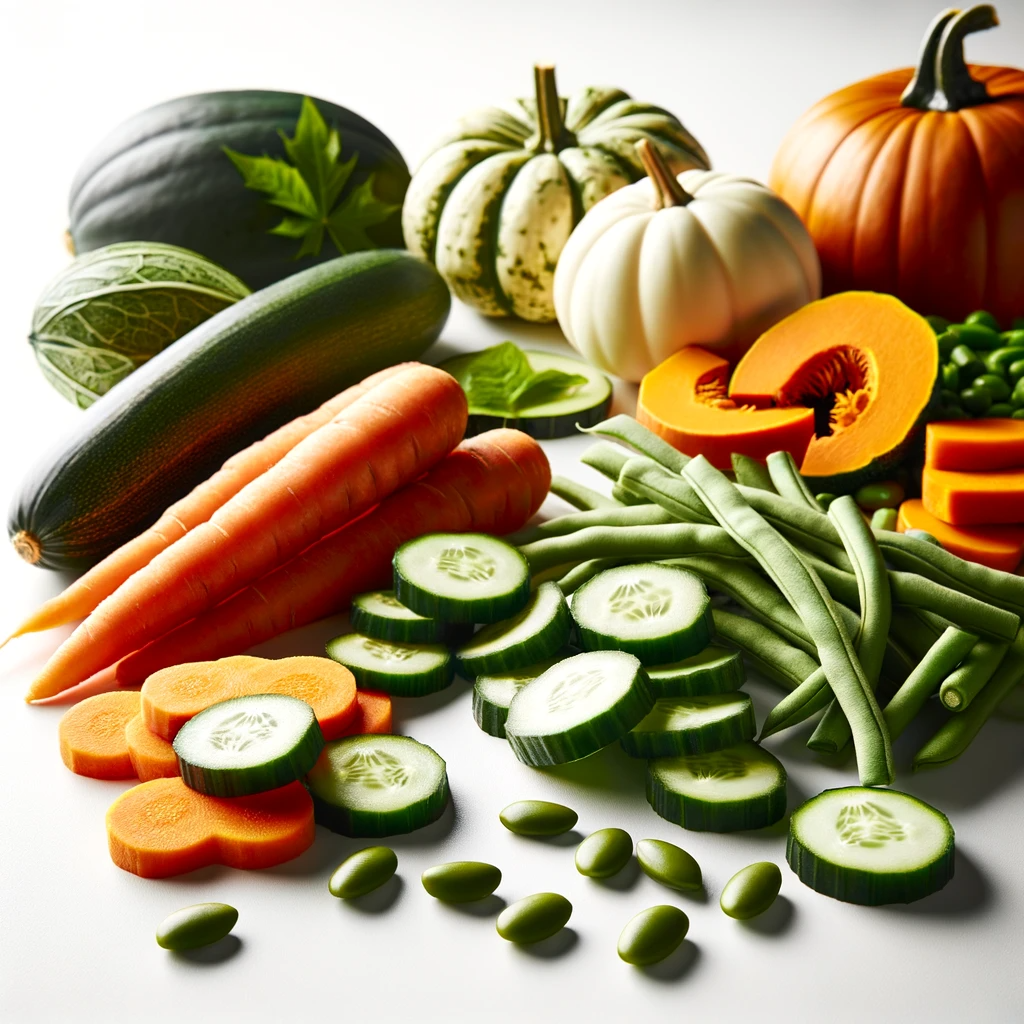Pawsitively Nutritious: Exploring the Top Vegetables for Your Dog’s Health
Crafting a balanced diet for your four-legged companion involves more than just meat and grains. Vegetables play a pivotal role in offering a wide array of essential nutrients, vitamins, and fiber that contribute significantly to your dog’s well-being. From familiar favorites like carrots and broccoli to lesser-known gems such as bell peppers and cucumbers, let’s take a comprehensive dive into the diverse world of vegetables for dogs. Discover their unique benefits, preparation methods, and how these colorful additions can elevate your pup’s nutritional intake and overall health.
Carrots: Nutrient-Rich Crunch
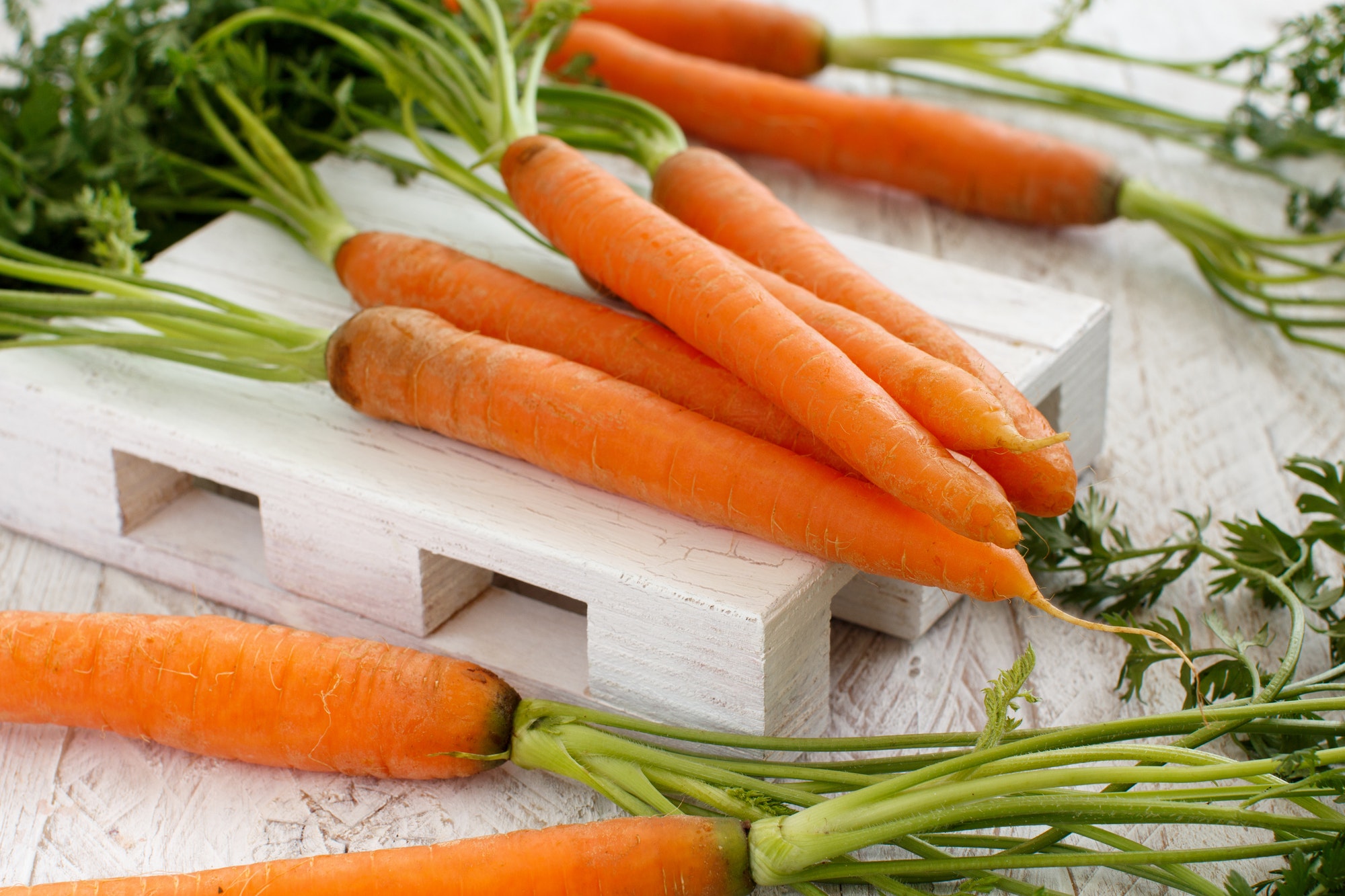
Carrots serve as a crunchy and nutritious treat for dogs, packed with beta-carotene, an essential nutrient promoting healthy eyesight and a shiny coat. Their natural firmness helps clean teeth and gums, supporting dental health in canines. Low in calories and high in fiber, carrots offer a tasty snack that aids digestion and can be a great addition to a dog’s balanced diet.
Broccoli: Miniature Nutrient Powerhouses
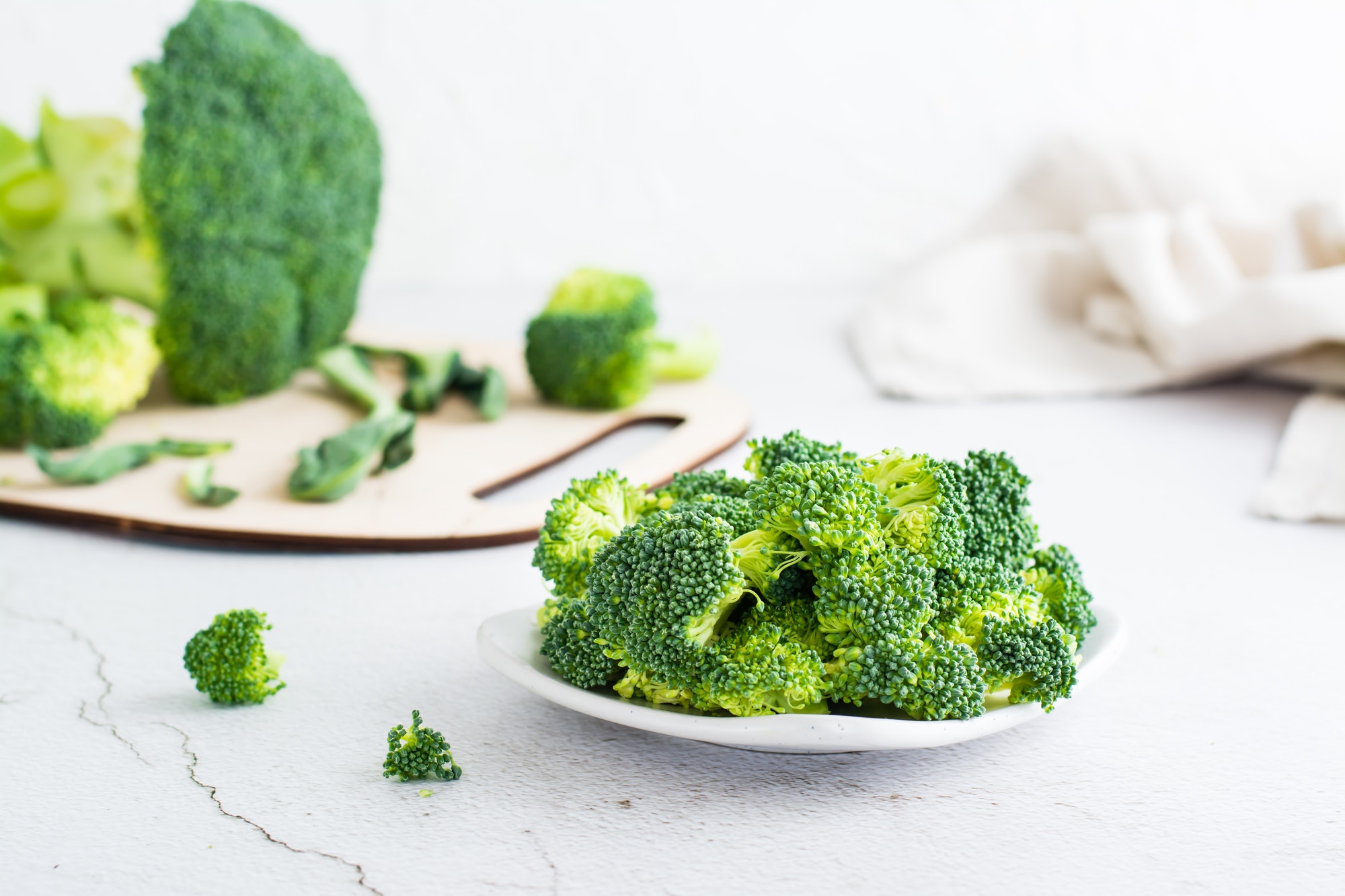
Broccoli serves as a miniature nutritional powerhouse for dogs, providing vitamins K and C, fiber, and antioxidants that support their overall health and immune system. Its crunchiness aids in dental health by reducing plaque buildup, while its nutrient density offers a range of benefits for bone and heart health in canines. However, it’s important to offer broccoli in moderation due to potential digestive sensitivities in some dogs and to avoid feeding them the stalks, which can be tough to digest. Lightly steamed or cooked, broccoli becomes a delightful and nutritious addition to your pup’s meals.
Spinach: Leafy Green Nourishment
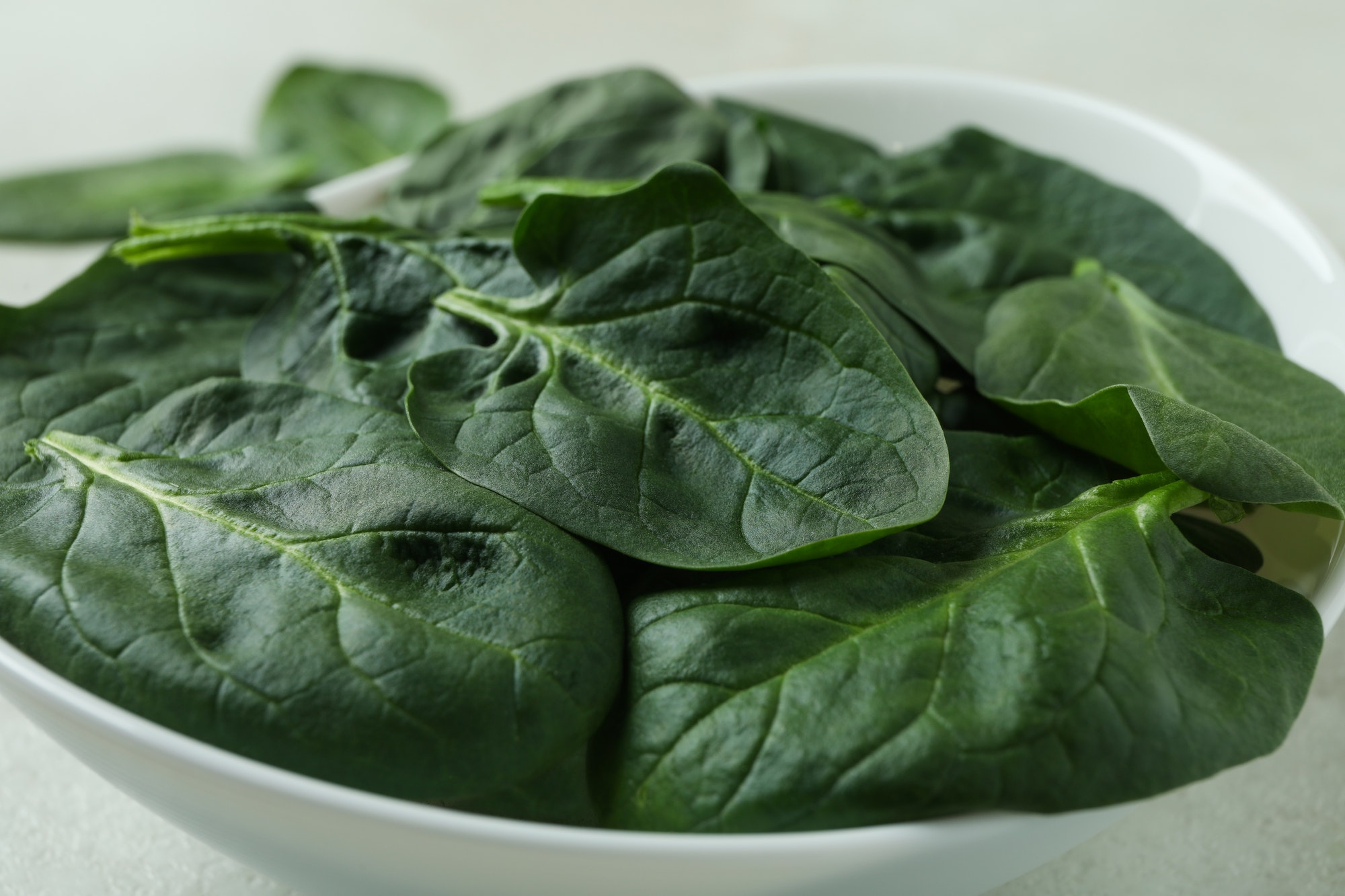
Spinach offers dogs a nutrient-packed green, brimming with iron and an array of essential vitamins and minerals that contribute to overall health. Its high nutrient density and low-calorie content make it a beneficial addition to a dog’s diet, supporting bone health and aiding in maintaining healthy skin and coat. However, due to its oxalate content, moderation is key when feeding spinach to dogs to prevent any potential impact on calcium absorption.
Sweet Potatoes: Vibrant Nutrition for Canines
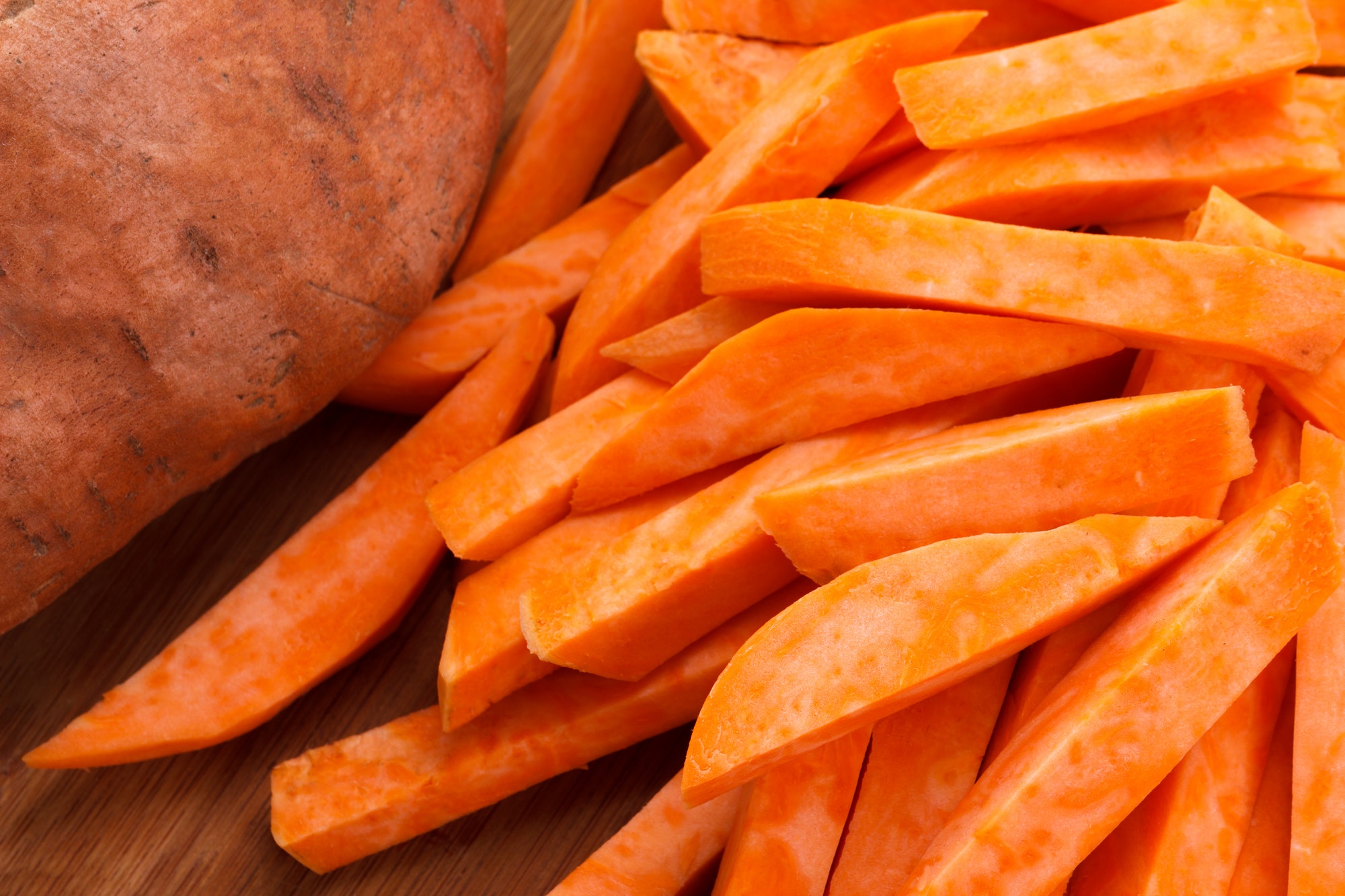
Swap regular potatoes for their vibrant orange cousins—sweet potatoes! Laden with fiber, vitamins A and C, and beta-carotene, these root vegetables are a delightful and nutritious addition to your dog’s meals. They are gentle on the stomach and supportive of digestion, making them an excellent choice for dogs with sensitive stomachs.
Pumpkin: The Digestive Champion

Pumpkin stands as a digestive champion, rich in fiber and moisture, aiding in regulating bowel movements and alleviating both constipation and diarrhea in dogs. Its low-calorie nature makes it a nutritious addition to a dog’s diet, providing essential nutrients without excessive calories. Additionally, packed with vitamins A, C, and E, pumpkin supports immune health and offers a delicious, irresistible treat for most dogs.
Bell Peppers: Colorful Vitamins for Vitality

Bell peppers present dogs with a colorful nutritional boost, delivering a potent combination of vitamins A, E, and C, supporting a robust immune system and aiding in maintaining healthy eyesight. Their low-calorie content and high fiber make them an ideal addition for weight management and digestive health. Additionally, the antioxidants found in bell peppers contribute to cellular health, providing an extra layer of protection for a dog’s overall well-being. These colorful delights are a nutritious addition to your dog’s diet, whether raw or cooked, providing a flavorful and beneficial snack.
Cucumbers: Hydrating and Refreshing Treats
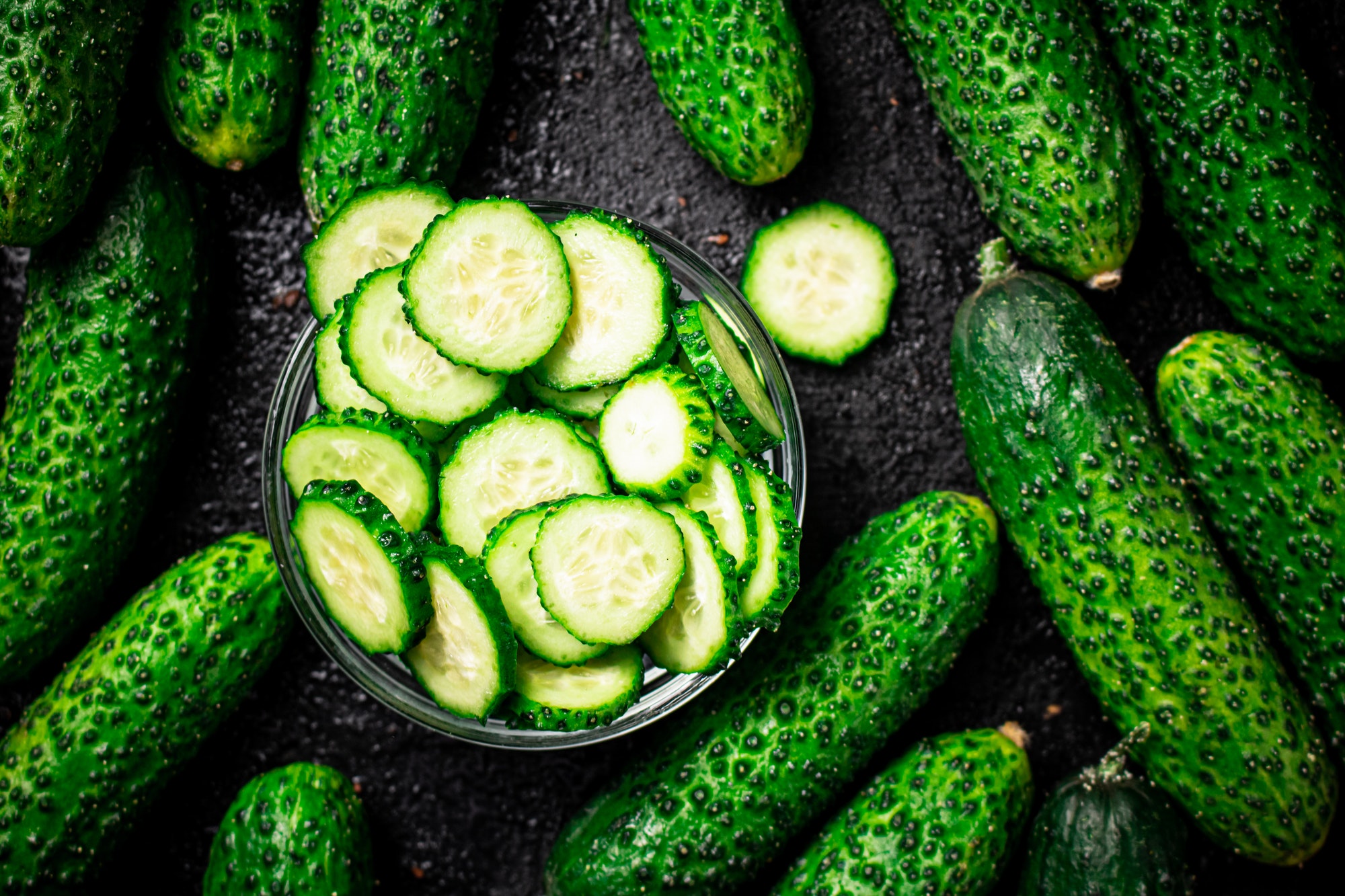
Cucumbers offer dogs a hydrating, low-calorie snack packed with vitamins K, C, and B1, supporting overall health and vitality. With their high water content and fiber, cucumbers aid in hydration and digestion, assisting in maintaining optimal gut health for our canine friends. Moreover, their crunchy texture provides a satisfying chew while offering a refreshing treat that most dogs enjoy, making them an ideal addition to a balanced diet.
Green Beans: Fiber-Rich Nutritional Gems
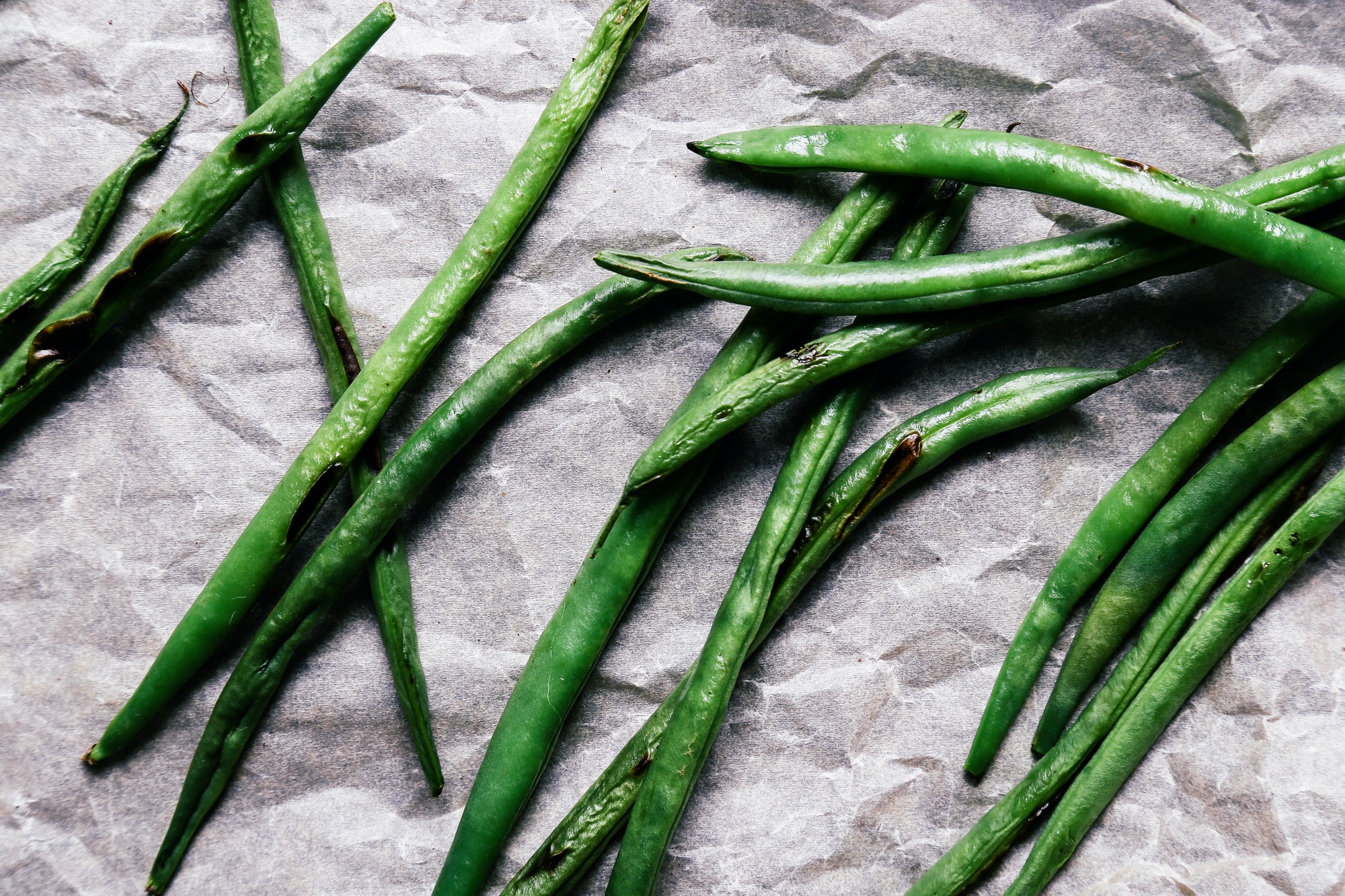
Green beans are a nutritional powerhouse for dogs, providing a fiber-rich source of vitamins like K, C, and A, along with minerals such as manganese. Their low-calorie nature makes them an excellent option for weight management and digestive health, Keeping the gut healthy and bowel movements regular. Additionally, the antioxidants present in green beans contribute to overall immune system support. Whether raw, steamed, or cooked, they make for a nutritious addition to your dog’s diet and are well-tolerated by most pups.
Zucchini: Low-Calorie Nutritional Boost

Zucchini offers a low-calorie, nutrient-rich option for dogs, packed with vitamins A, C, and K, as well as minerals like potassium and manganese, promoting overall health. Its high water content aids in hydration and digestion, while its fiber supports a healthy gastrointestinal tract. Additionally, zucchini serves as a valuable source of antioxidants, bolstering the immune system and contributing to cellular health in canines. It’s a versatile addition, whether grated into meals or sliced for a crunchy snack.
Celery: Crunchy and Hydrating
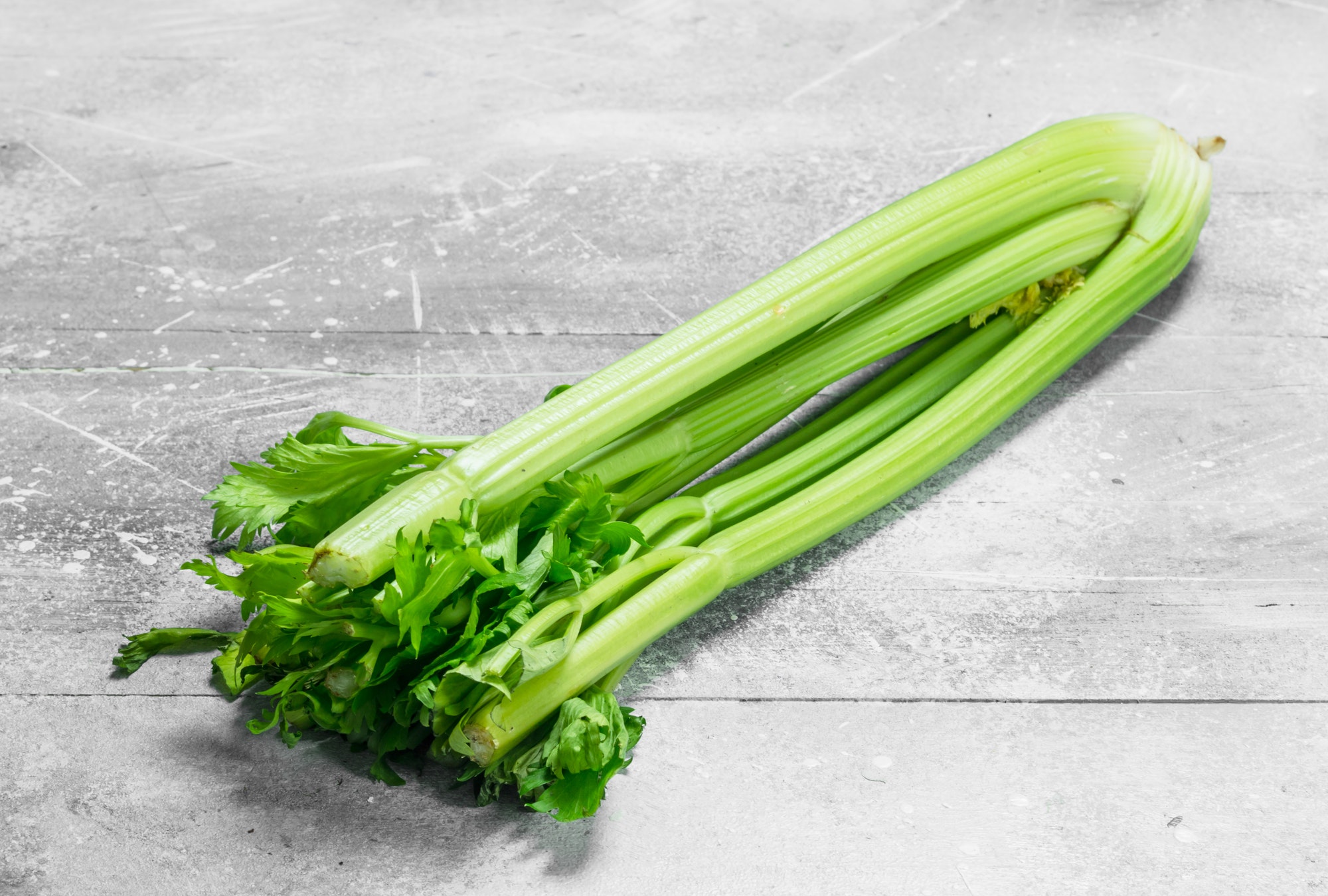
Celery is a hydrating and low-calorie snack for dogs, offering a crunchy texture that aids in cleaning teeth and promoting oral health. Rich in vitamins A, C, and K, as well as antioxidants, celery supports overall immune function and cellular health in canines. However, moderation is key due to its fibrous nature, which can be challenging for some dogs to digest in large quantities.
Brussels Sprouts: Nutrient-Packed Miniature Cabbages
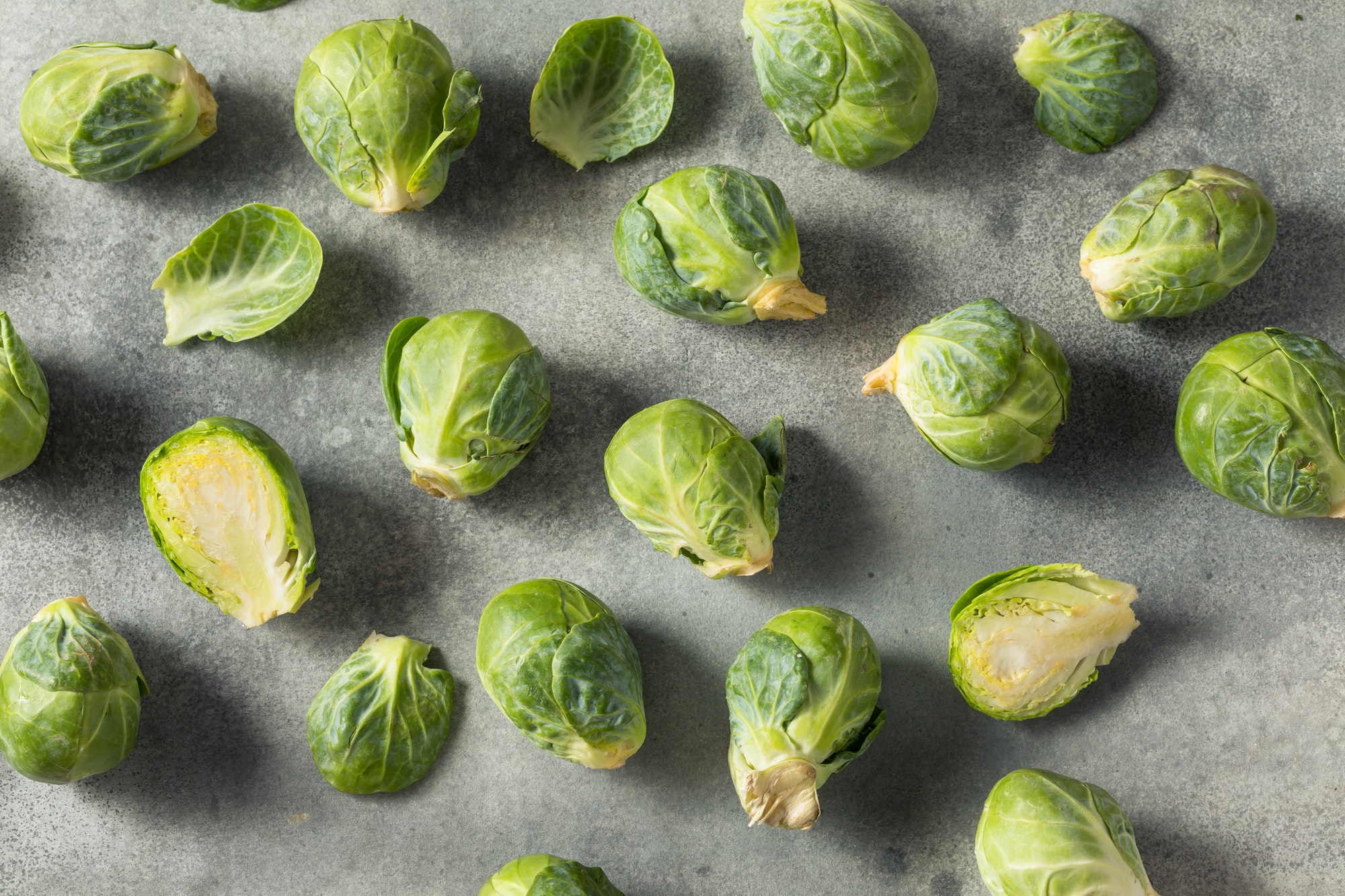
Brussels sprouts provide a nutrient-rich addition to a dog’s diet. Brussels sprouts are packed with vitamins C, A, and K, along with fiber and antioxidants, supporting various aspects of canine health. Their anti-inflammatory properties may benefit dogs with certain health conditions, while their low-calorie nature makes them suitable for weight management. However, as with any new food, introducing brussels sprouts gradually is advisable to ensure they’re well-tolerated by your furry friend. These miniature cabbages can be served cooked or raw, providing a nutrient boost to your dog’s diet.
Parsley: A Breath Freshening Herb

Parsley offers dogs a breath-freshening herb rich in vitamins A and C, promoting overall immune health and contributing to their well-being. Its antioxidant properties support cellular health, while its low-calorie nature makes it a suitable addition to a dog’s diet without adding excess calories. However, moderation is important, as large amounts of parsley may not be ideal for all dogs and might cause digestive upset.
Asparagus: A Nutrient-Rich Option

Asparagus provides dogs with vitamins A, C, and K, along with fiber and antioxidants, supporting immune health and aiding in overall well-being. Its low-calorie content makes it an excellent addition for dogs managing weight, while its nutrients contribute to bone and heart health. However, asparagus should be served in moderation and cooked to enhance digestibility and prevent potential choking hazards. It can be steamed or grilled and offered as a nutritious treat.
Preparing Vegetables for Dogs
When serving vegetables to your dog, it’s crucial to prepare them properly. Beginning with a thorough cleansing process, washing vegetables diligently is important to eliminate any residues of pesticides or contaminants that might pose health risks to your furry friend. Next, employing careful slicing or chopping into smaller, easily manageable pieces becomes a crucial step, facilitating smoother digestion and reducing the risk of choking hazards.
Certain vegetables benefit from cooking or steaming, processes that not only enhance their digestibility but also unlock and retain essential nutrients for your dog’s optimal absorption. These methods soften tougher textures, making the vegetables more palatable and easier for your canine companion’s digestive system to process efficiently.
A pivotal aspect to keep in mind is to abstain from seasoning or adding spices, oils, or any additives to the vegetables. While these flavor-enhancing elements might appeal to human taste buds, they can be potentially harmful or disruptive to a dog’s digestive system. Sticking to plain and unseasoned vegetables ensures a safe and suitable dietary addition for your furry friend, promoting their health and well-being without introducing unnecessary risks.
Introducing Vegetables into Your Dog’s Diet
When making changes to your dog’s dietary regimen, the careful and gradual introduction of new foods is important. Begin with small servings, allowing your dog’s system to acclimate to these new additions. This measured approach serves as a vital observation period, enabling you to closely monitor your dog’s reactions for any signs of digestive unease or potential allergies that might emerge as they sample these fresh vegetables. This methodical process not only ensures a smoother transition but also allows you to identify any adverse reactions early on.
Seeking advice from a veterinarian or pet nutritionist stands as an invaluable step in this journey. Their expertise and understanding of your dog’s unique health profile can provide tailored recommendations. This personalized guidance ensures that the selected vegetables align harmoniously with your dog’s specific nutritional needs, considering factors such as breed, age, existing health conditions, and any dietary sensitivities or allergies.
Conclusion
The incorporation of an extensive array of vegetables into your dog’s dietary routine offers a myriad of nutritional advantages, including an enriching tapestry of essential nutrients, vitalizing vitamins, and invaluable fiber content. Yet, the crux of ensuring your canine’s optimal well-being extends beyond just the variety of vegetables provided. Tailoring their meal plan to suit their distinct nutritional needs is paramount. By customizing their diet, you’re ensuring they receive the precise nourishment required for their specific breed, age, and health status.
Remember, while the introduction of vegetables into their diet is a significant step towards a healthier lifestyle, it’s the holistic combination of tailored nutrition, exercise, affectionate care, and regular health check-ups that cultivate an environment where your furry friend can flourish and revel in a life brimming with well-being and companionship.
